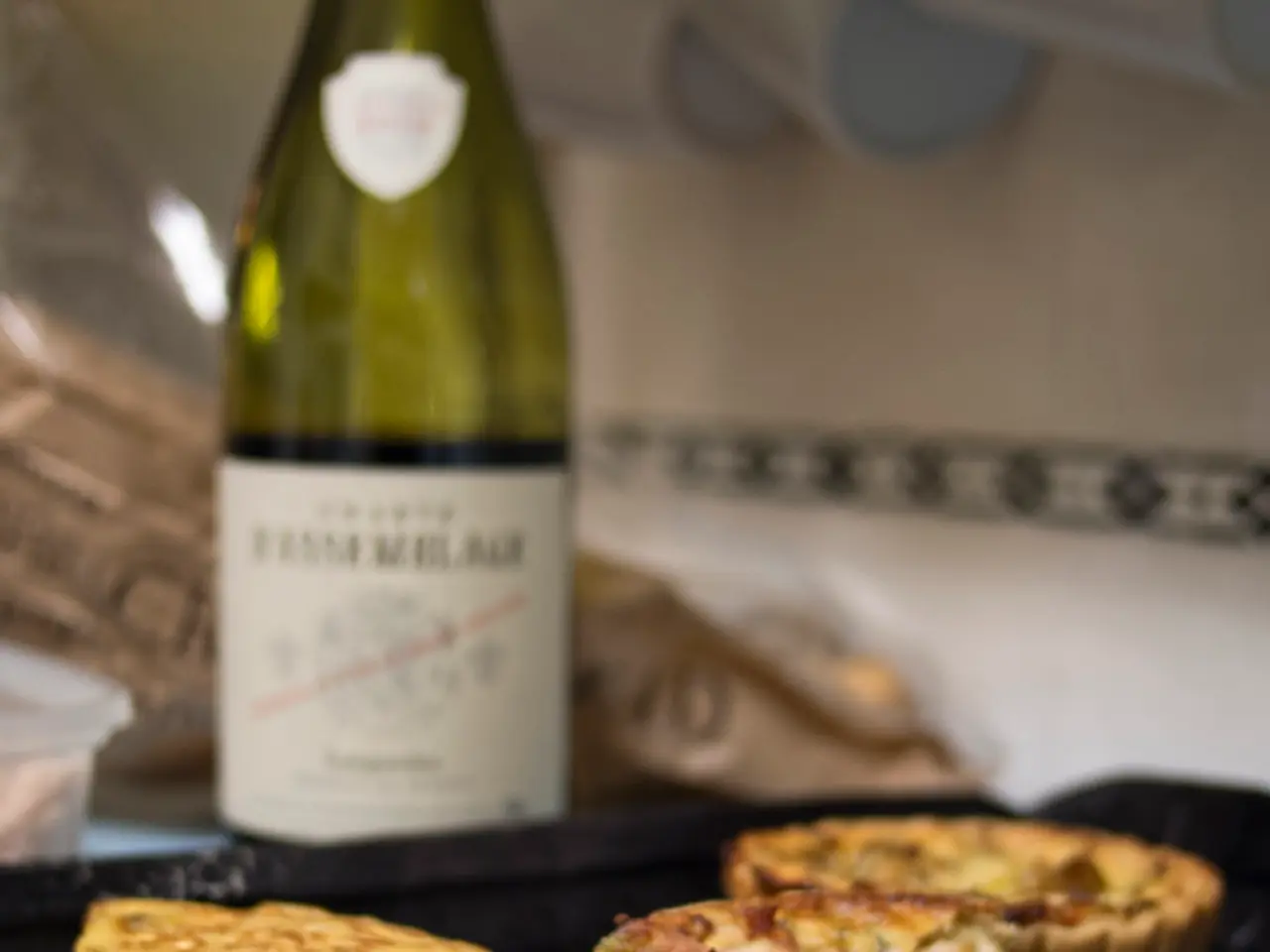More than two-thirds of Romanians utilize health tracking devices, according to a PwC report
In a recent survey conducted by PwC Romania, it has been revealed that technology significantly influences the lifestyle and healthy eating habits of Romanians [1][2][3].
According to the findings, a staggering 69% of Romanians use smart apps or devices, such as smartwatches, fitness trackers, blood sugar monitors, and AI-powered kitchen appliances, which have influenced their daily habits, with a third reporting significant lifestyle changes due to these technologies [1][2][3].
Artificial intelligence (AI) is increasingly used for personalizing exercise programs (41%) and meal planning (40%), as well as for creating personalized diets, predictive shopping lists, managing food budgets, medical diagnostics, and connecting with smart devices that suggest recipes based on available ingredients [1][2][3]. This reflects a growing desire among Romanians for personalized health and lifestyle experiences.
When it comes to healthy eating habits, 41% of Romanians avoid ultra-processed foods, a higher figure than the regional average of 37% in Central and Eastern Europe [1][2][3]. More than 60% are concerned about the risks linked to ultra-processed foods and pesticides, often more than the price factor. Additionally, 71% use dietary supplements and prioritize freshness and seasonality of food, with 62% believing local products are healthier and over half willing to pay more for them [1][3].
The survey results highlight the importance of consumer education for food producers in Romania to promote healthy eating and lifestyle choices. The findings suggest that food producers in Romania need to invest in educating consumers about the role of their products in a balanced lifestyle [3]. PwC goes a step further, suggesting that food producers in Romania should go beyond promotion to educate consumers about healthy eating [3].
Interestingly, the survey results indicate that a significant number of Romanian consumers believe that their personal decisions and the role of food producers are both important in maintaining a healthy diet. A majority of Romanian consumers assess their health as good (47%) or very good (35%). However, 70% of consumers believe that their own decisions have the greatest influence on healthy eating, while 50% acknowledge the role of food producers in their dietary choices [3].
In terms of alcohol consumption, Romania ranks slightly better than the rest of the region. More and more Romanians (71%) use dietary supplements and emphasize freshness and seasonality, even at the expense of brand [1][3].
This shift towards technology-assisted, personalized, and mindful consumption among Romanian consumers is a promising sign for the future of health and wellness in the country. As technology continues to evolve, it is likely that these trends will continue to grow, providing Romanians with even more opportunities to take control of their health and wellbeing.
[1] PwC Romania. (2021). Voice of the Consumer 2025. Retrieved from https://www.pwc.com/ro/ro/services/consulting/consumer-markets/voice-of-the-consumer.html [2] PwC Romania. (2021). Romania's Health and Wellness Market: Opportunities and Challenges. Retrieved from https://www.pwc.com/ro/ro/services/consulting/health-industries/romania-health-wellness-market.html [3] PwC Romania. (2021). The Impact of Technology on Romanian Consumers' Lifestyle and Healthy Eating Habits. Retrieved from https://www.pwc.com/ro/ro/services/consulting/consumer-markets/the-impact-of-technology-on-romanian-consumers-lifestyle-and-healthy-eating-habits.html
Artificial intelligence (AI) is not only influencing exercise programs (41%) and meal planning (40%) for Romanians, but is also being used to create personalized diets and predictive shopping lists [1][2][3]. This technological advancement in nutrition reflects the growing desire among Romanians for personalized health and lifestyle experiences.
Furthermore, fitness and exercise are essential components of health-and-wellness for Romanians, as a third of them report significant lifestyle changes due to the use of smart apps or devices such as fitness trackers and AI-powered kitchen appliances [1][2][3].
The integration of technology in Romanian consumers' lifestyles has extended to artificially intelligent (AI) devices suggesting recipes based on available ingredients, which supports the freshness and seasonality of food preferred by 62% of Romanians [1][3]. This shows a shift towards technology-assisted and mindful consumption among Romanian consumers.




